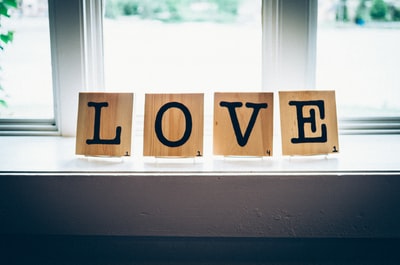The US Supreme Court on Thursday ruled that the state of Kansas must issue marriage licenses to same-sex couples.
The court, in a 4-3 ruling, also ruled that marriages performed in other states cannot be recognized in the United States, meaning the marriage of two people of the same gender cannot be considered valid.
The Kansas Department of Licensing and Regulation, which administers the state’s marriage licenses, issued a statement saying that “our goal has always been to serve all Kansas residents, regardless of their sexual orientation or gender identity.”
“We respect the rights of all Kansas citizens and are committed to ensuring that every resident of Kansas has the opportunity to marry the person they love,” the statement said.
The state, which has been in a legal standoff with gay rights advocates, filed a brief in court in response to the court’s ruling.
“While we are disappointed that the court has ruled against the Kansas Supreme Court, our hope is that our legal challenge will be successful and we can move forward with a new and legally valid marriage license in the coming months,” said Karel C. Schreiber, president and CEO of Kansas Marriage Licensing Association, a group that represents about 2,200 licensees.
The US Supreme court on Thursday struck down a provision of Kansas’ state constitution that prohibits same-year marriages, effectively ending a six-year legal battle over gay marriage in the state.
Kansas’ ban on gay marriage was enacted in 2008.
It was one of four states to allow gay marriage at the time, but the ruling was the most significant.
The ruling means same-day marriages between same-gender couples will no longer be legal in Kansas.
The decision will affect about 8,000 people in the Kansas City, Kansas, metropolitan area, about 10,000 in Wichita, about 1,500 in Topeka, about 500 in Topgeek and about 500 people in Overland Park.
In June, Kansas became the fourth state in the nation to legalize gay marriage.
The ruling will affect thousands of couples in Kansas and will impact marriages performed elsewhere in the country, including New York and Massachusetts.
The case before the high court, K.R. v.
Kansas, is the second major gay rights case the court is hearing this year.
In July, the justices will hear arguments in two other gay rights cases.




